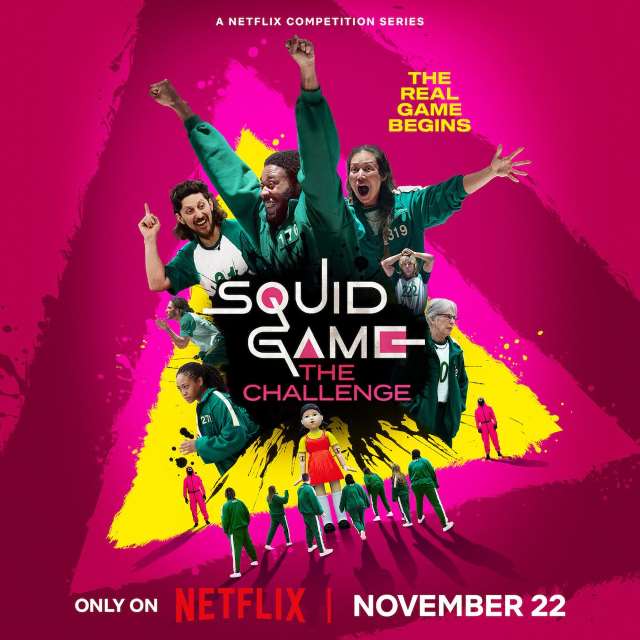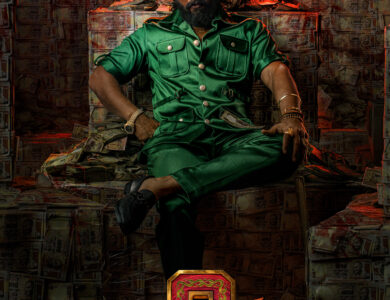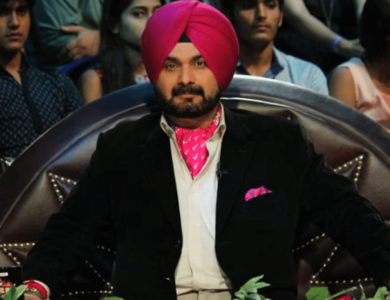Netflix’s Squid Game: The Challenge Disappoints with Exploitative Reality

Netflix’s “Squid Game: The Challenge” has been met with widespread criticism, with many viewers and critics alike finding the reality series to be exploitative, unentertaining, and a failed attempt to cash in on the success of the original fictional series.
The 10-episode series mirrors the dark themes of its fictional predecessor, pitting 456 contestants against each other in a series of deadly children’s games. However, where the original series used its premise to explore themes of class inequality and social commentary, the reality show has been accused of simply exploiting real human suffering for entertainment.
Critics have slammed the show’s unwieldy format, incoherent narratives, and poor pacing. They have also pointed to the show’s attempts to mimic the dramatic games of the original series, which they say fall flat due to the lack of story, character, and choreography.
The conditions in the facility where the contestants are held have also been criticized, with some viewers calling them “disorienting” and “dehumanizing.” The show has also been accused of unethical scheming, as contestants are shown to lie, cheat, and manipulate each other in order to survive.
Overall, “Squid Game: The Challenge” has been widely panned as a failed attempt to turn a powerful drama into a reality series. The show has been criticized for its exploitative nature, its lack of entertainment value, and its failure to capture the magic of the original series.
Here are some of the specific criticisms that have been leveled at the show:
- The show is simply too long. At 10 episodes, it is twice as long as the original series, and many viewers have found it to be slow-paced and boring.
- The show’s format is unwieldy. The games are often confusing and difficult to follow, and the show’s elimination process is convoluted and unfair.
- The show’s narratives are incoherent. The contestants are not well-developed, and their motivations are often unclear.
- The show’s pacing is poor. The games are often slow and drawn-out, and the show’s overall tempo is sluggish.
- The show’s attempts to mimic the dramatic games of the original series fall flat. The games are not as creative or suspenseful as the games in the original series, and the show’s overall tone is not as dark or gritty.
- The show lacks the story, character, and choreography of the original. The original series was a tightly-plotted story with well-developed characters and suspenseful choreography. The reality show lacks all of these things.








